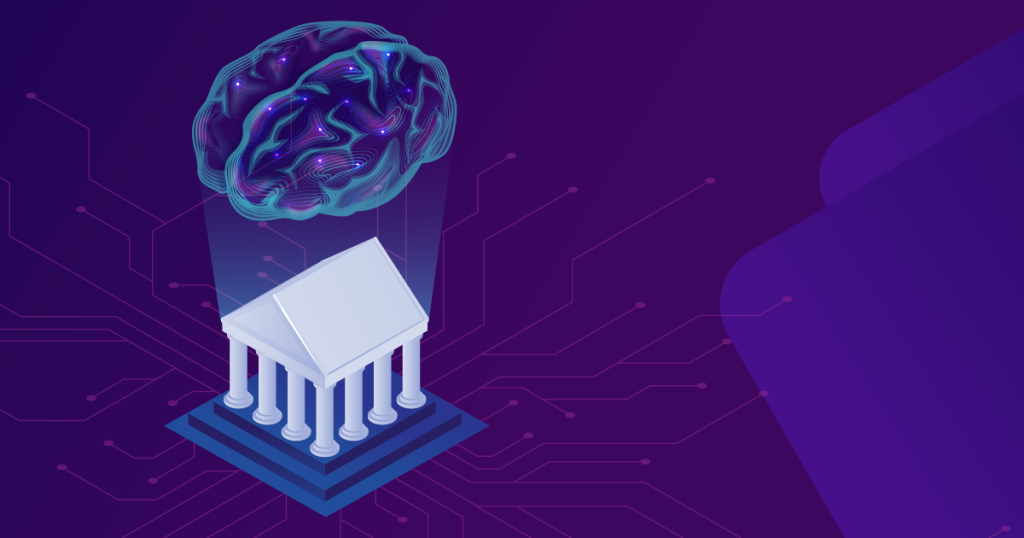
ChatGPT: The Unexplored Edge in Croatia
The world of banking has significantly evolved over the past few years, with artificial intelligence (AI) playing an increasingly important role. Among AI models, OpenAI’s ChatGPT has emerged as a robust tool, transforming various aspects of the banking industry. Recently, our esteemed colleague, Marina Jukić, shed light on these advancements in her lecture at the Data Science Conference main stage, focusing on the groundbreaking role of OpenAI’s ChatGPT in the banking industry. Let’s delve into the key takeaways from Marina’s lecture and dive deeper into the new features that will shape the future of banking.
ChatGPT: The AI Powerhouse
ChatGPT, based on the GPT-4 architecture, is an AI model trained on diverse internet text, displaying an exceptional ability to generate human-like text. It has proven instrumental in a variety of applications, from customer service to risk assessment, and even data analysis. With useful plugins like Wolfram for computational capabilities and integration with chatbot platforms, the scope of ChatGPT in the banking sector becomes even more impressive.
Enhancing Customer Interaction with Chatbots
Banks have seen a surge in customer queries as digital banking gains prominence. Managing this volume can be challenging, but ChatGPT-powered chatbots are stepping in to fill this need. These bots are capable of engaging customers in real-time, answering queries, and providing personalized services 24/7. This not only improves customer experience but also streamlines bank operations, allowing human agents to focus on complex tasks.
Data Analysis and Risk Assessment
Data is the cornerstone of the banking industry, and the ability to extract insights from it can be a game-changer. ChatGPT shines in this area. Banks are harnessing its potential to analyze vast amounts of data to identify patterns, predict trends, and even assess risks.
Using AI models for risk assessment isn’t a new concept, but the integration of ChatGPT brings a new dimension. By feeding it historical and real-time data, banks can identify risky transactions and detect potential fraud. The predictive capabilities of ChatGPT enable it to provide actionable insights, helping banks mitigate risks effectively.
The Wolfram plugin boosts this analytical power of ChatGPT by adding computational abilities. Banks can use it for complex calculations, analyses, and even modeling, leveraging the collaboration between Wolfram and ChatGPT to obtain precise and reliable results.
Innovating Financial Advisory
ChatGPT-powered solutions are also finding use in financial advisory. Banks are developing robo-advisors that provide personalized financial advice to customers. Through machine learning and natural language processing, these advisors can analyze customer profiles, understand their financial goals, and offer tailored advice. This creates a more engaging and intuitive customer experience, fostering stronger relationships between the bank and its customers.
Compliance and Regulatory Reporting
Banks have to adhere to various compliance measures and regulatory norms. Ensuring accurate reporting is crucial, and this is another area where ChatGPT is proving valuable. Banks are leveraging it to generate reports automatically, increasing efficiency and reducing the chances of human error. Furthermore, the AI can understand and keep up with changes in regulations, enabling banks to stay compliant without extensive manual effort.
Conclusion
With its ability to streamline operations, analyze data, improve customer interactions, and aid in regulatory reporting, ChatGPT is truly revolutionizing the banking industry. As banks continue to invest in AI technologies, we can expect the role of ChatGPT and similar models to become even more prominent. However, as highlighted by our esteemed colleague, Marina Jukić, at the recent Data Science Conference, there’s a vast landscape of opportunity still untouched.
Interestingly, when we turn our lens towards Croatia, we notice a gap. To our understanding, many banks in Croatia haven’t fully embraced the potential of ChatGPT. This prompts a question to our community: How are you or your organizations leveraging ChatGPT in the banking sector? Are there groundbreaking applications or experiments you’re aware of in our local context? Share your thoughts with us on social media!